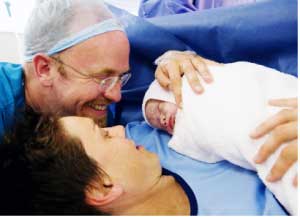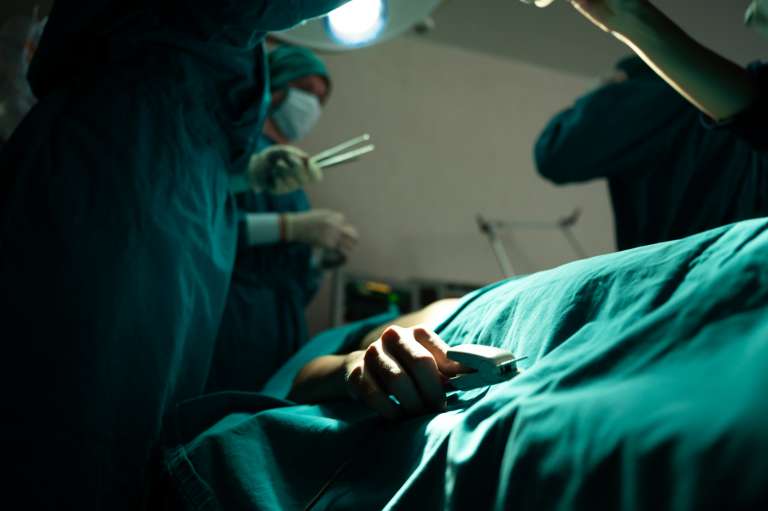Hundreds of women may have had their lives considerably shortened as a result of a national breast cancer screening programme failure, the health secretary has admitted.
What was the National Breast Screening Programme Failure
A “computer algorithm failure” caused 450,000 women between the ages of 68 and 71 to miss crucial final screenings between 2009 and 2018, Jeremy Hunt has told Parliament.
There were “likely to be some people in this group who would have been alive today if this had not happened”, he added, and some of those affected may have recently received a terminal cancer diagnosis.
Of those affected, 309,000 are still alive and will be contacted by the end of May.
Statistical modelling suggested that between 135 and 270 women may have died as a result of this error, Hunt said.
Richard Starkie, a partner with clinical negligence specialists, Pryers Solicitors, said “While Mr Hunt has acknowledged the potential loss of life caused by this error, this greatly underestimates the number of women affected. It is likely that the missed screenings, and the delayed diagnoses, will have caused thousands of women to have undergone more radical surgery than would have been necessary had they been screened at the appropriate time. It is likely that many many women will have had life-changing operations, and required treatment with dreadful side-effects, that would have been unnecessary had their cancer been diagnosed earlier.”
Apologies and Compensation
Mr Hunt explained that the Department of Health would contact the families of women who had died of breast cancer, and who were believed to have been affected by the missed screenings, to apologise. He also made it clear that financial compensation may be payable if this was found to be a likely cause of death.
The first 65,000 letters will be sent out this week. Women under the age of 75 will automatically be offered an invitation to a routine catch-up mammogram. A helpline has also been set up for women over the age of 72 to offer clinical advice on whether or not a screening is appropriate for their particular situation.
Those who wish to attend will be invited for a screening within the next six months.
A recent upgrade to the breast screening invitation IT system brought the issue to light. The Department of Health was first alerted to the problem by Public Health England in January 2018. Ministers were informed in March this year, Hunt said, “with clear clinical advice that the matter should not be made public. This was to ensure a plan could be put in place that ensured any remedies did not overwhelm the existing screening programme and was able to offer proper support for affected patients.”
Independent Inquiry
An independent inquiry has also been launched to establish how many people have been affected, why the error occurred, why it took nearly a decade to notice, and whether ministers were informed quickly enough.
The inquiry will be headed by the Macmillan Cancer Support chief executive Lynda Thomas, and Professor Martin Gore, a leading consultant medical oncologist at the Royal Marsden hospital.
Breast cancer screenings are available to all women aged between 50 and 70, every three years. Regular screenings are offered to women who are most at risk of developing the disease and mean that signs of early cancer development may be picked up before women notice the symptoms.
If you have been Affected
If you think you or a loved one may have been affected by breast cancer as a result of not receiving a final screening invitation, contact one of our friendly advisers today. Our friendly team have a lot of experience of investigating and winning claims concerning the delayed diagnosis of breast cancer and are well equipped to investigate and advise on all issues of medical treatment.





